What is CBC?
min. reading
Several hundred different compounds have been identified in hemp to date. Among them are cannabinoids, terpenoids or flavonoids. The former are certainly familiar to anyone who uses supplements with CBD oil. These include just cannabidiol, as well as THC, CBG or CBN. This group of compounds can exhibit very interesting properties on the body, although we still do not have enough research to clearly define their effects. Nonetheless, it is worth taking a closer look at CBC, one of the cannabinoids that is not as popular as CBD. Yet it may only be a matter of time.
Table of Contents
How is cannabichromene formed?
Cannabichromene doesn’t get a lot of recognition or attention, but it has the potential to be a very important substance from cannabis. Like cannabidiol (CBD) and tetrahydrocannabinol (THC), CBC is derived from the extremely important cannabigerolic acid (CBGa). Specific plant enzymes convert it to cannabichrome carboxylic acid (CBCa). Over time or under the influence of heat, CBCa breaks down and converts to cannabichromene by decarboxylation. This process occurs when the raw material is exposed to ultraviolet light or heat.
What are the differences between CBD and CBC?
As the previous paragraph shows, both CBD and CBC are formed from the same compound – CBGa. As such, there are quite a few similarities between the two cannabinoids, but there are also slight differences. Both cannabichromene and cannabidiol do not exhibit the intoxicating or psychotropic effects of THC, for example. Both compounds can be isolated from dried hemp or full spectrum oil can be prepared from hemp varieties rich in CBD or CBC. CBC oil is legally available in Poland.
CBC – without altering consciousness
The reason CBC has no consciousness-altering effects is that it binds quite weakly to CB1 cannabinoid receptors in the brain. This is not to say that these are the only receptors affected by cannabichromene. It also binds to the capsaicin receptor (TRPV1) and the receptor for ankyrin 1 (TRPA1) channels, which are involved in pain sensation, inflammation and nausea. When CBC activates these receptors, increased levels of the body’s natural endocannabinoids, such as anandamide, are released.
CBC – mitigates the effects of THC
CBD also has a low affinity for cannabinoid receptors, in the case of CB1 receptors it is its weak antagonist. A 2015 study also showed that in addition to its antagonistic effect, cannabidiol is a negative allosteric modulator of the CB1 receptor, which manifests itself especially in the presence of THC, mitigating its psychoactive effects. In addition, CBC has a blocking effect on the action of the FAAH enzyme, responsible for breaking down cannabinoids. The result is an increase in the concentration of anandamide and its increased effects on the body.
CBC – synergy of action
While CBC definitely has unique properties, scientists also believe that it seems to work synergistically with other cannabinoids. CBC works by taking part in and enhancing the effects of cannabis products in general. The ambient synergistic effect is well known for THC and CBD, but whether other cannabinoids have the same effect has not been sufficiently studied to date.
Legal status of CBC
The compound cannabichromene is treated in Poland in the same way as CBD, i.e. it is a legal substance, authorized for marketing. The condition is registration as a dietary supplement. For the European Union and other countries, as a rule, there are no direct restrictions on this cannabinoid. It is not considered an illegal substance. Cannabichromene is not listed in the Single Convention on Narcotic Drugs.
Sources:
https://www.ncbi.nlm.nih.gov/pmc/articles/PMC3041249/
https://www.leafly.com/news/cannabis-101/what-is-cannabichromene-cbc-cannabinoid

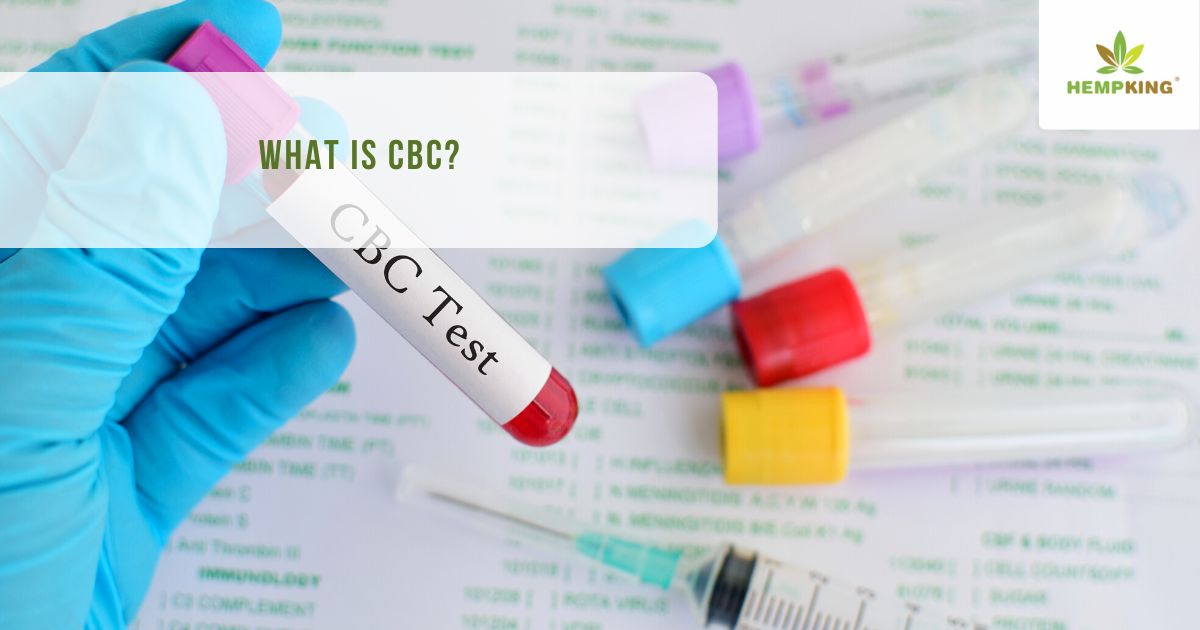
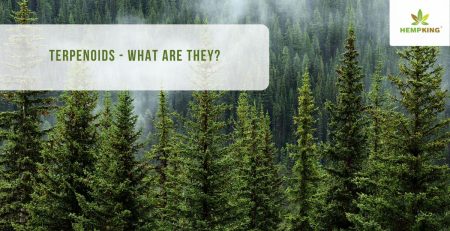


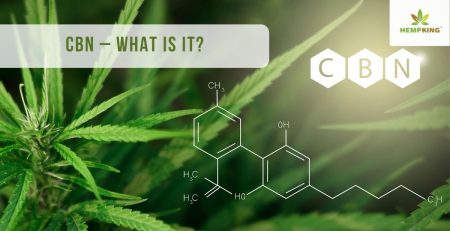




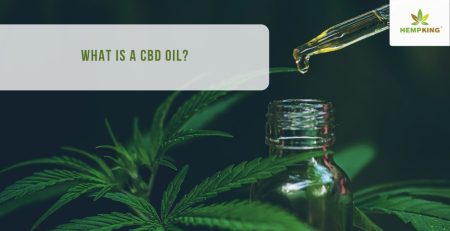

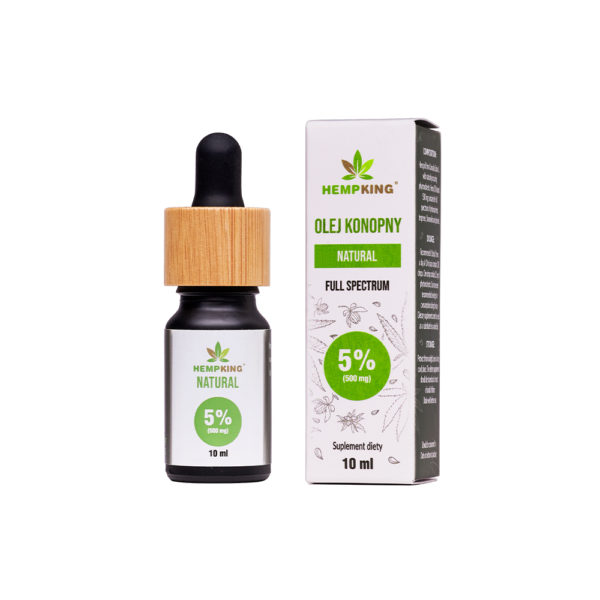
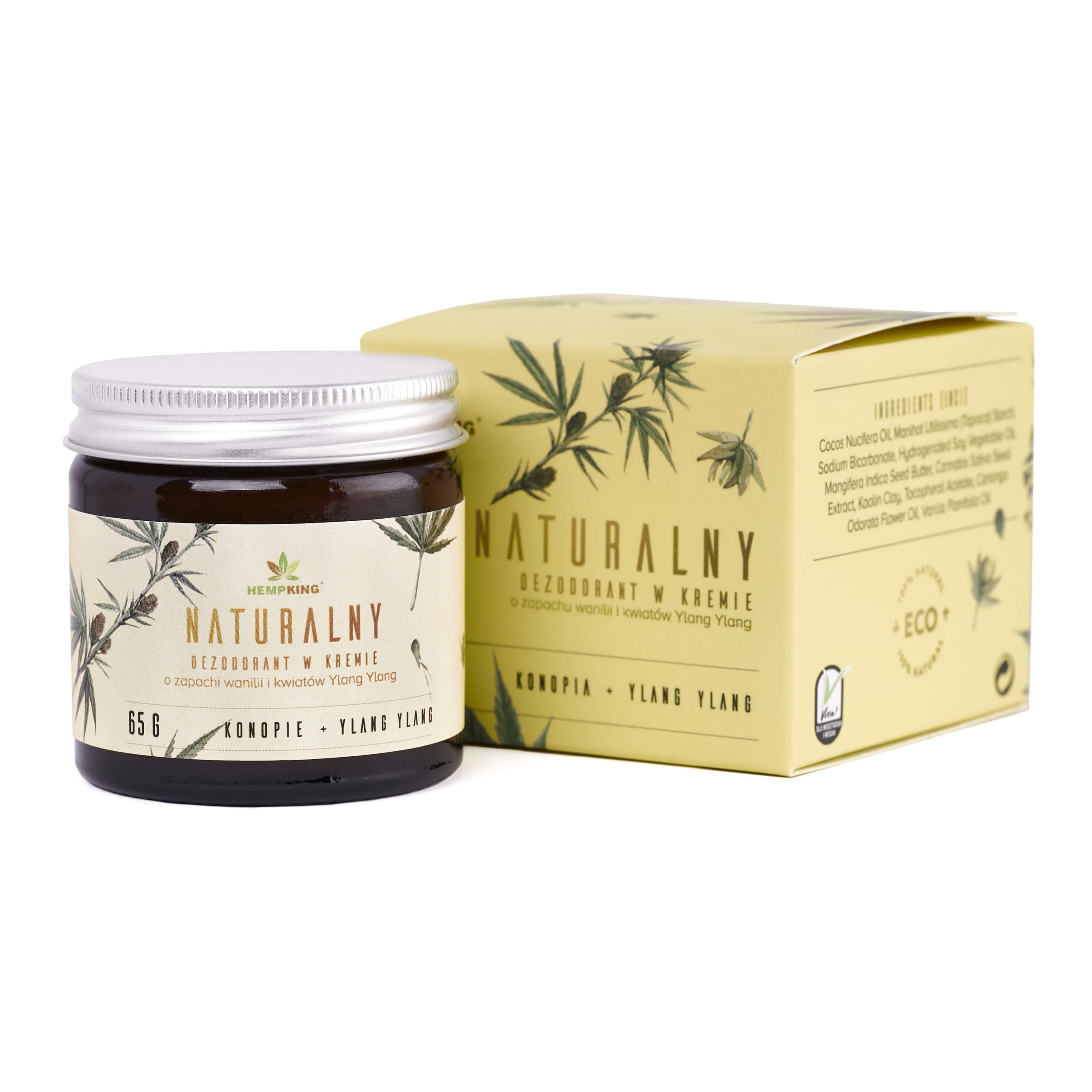
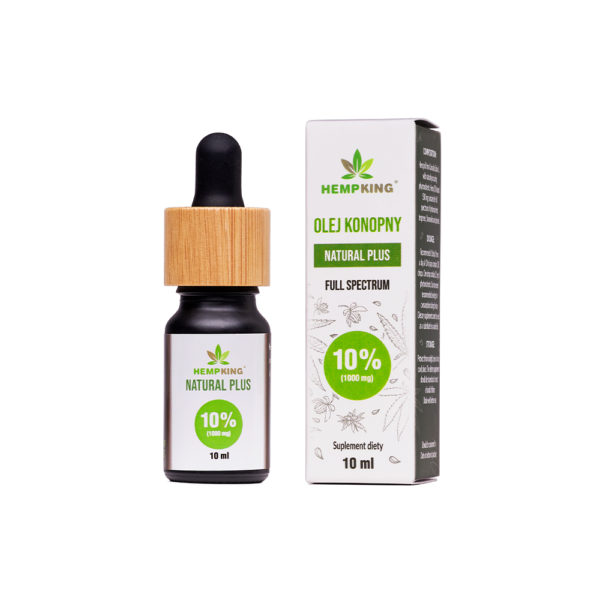
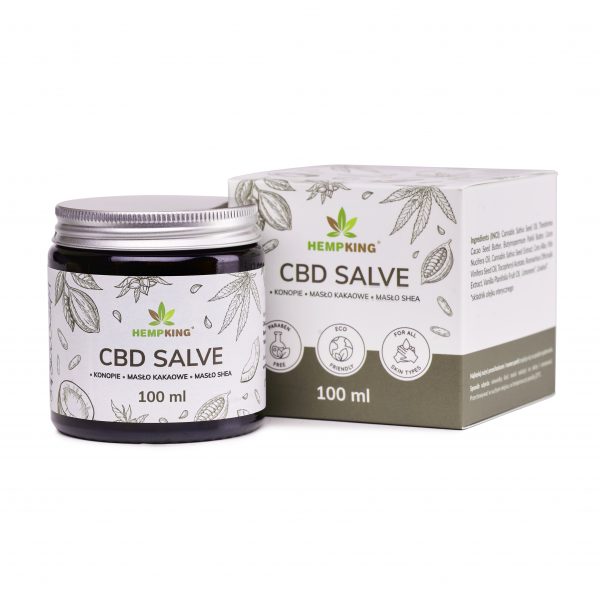
 Facebook
Facebook Instagram
Instagram

Leave a Reply